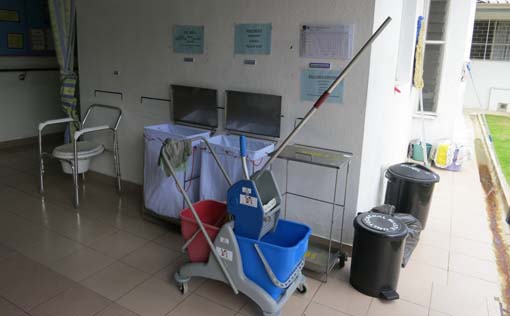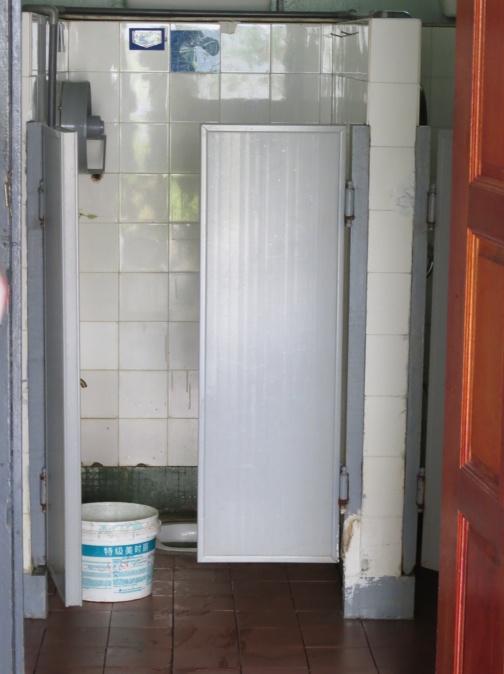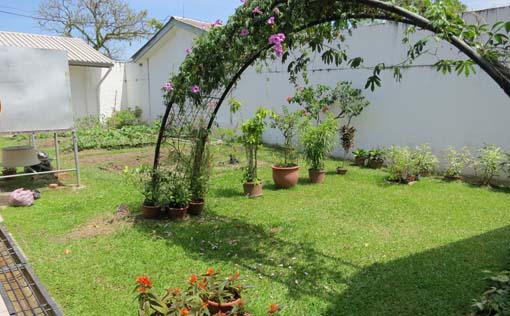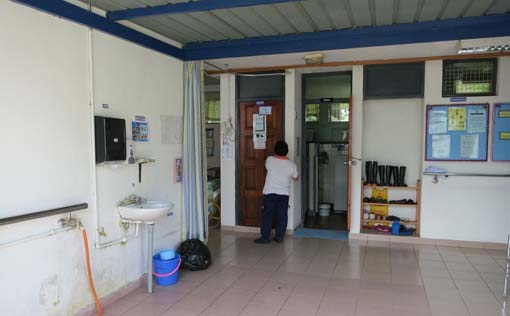
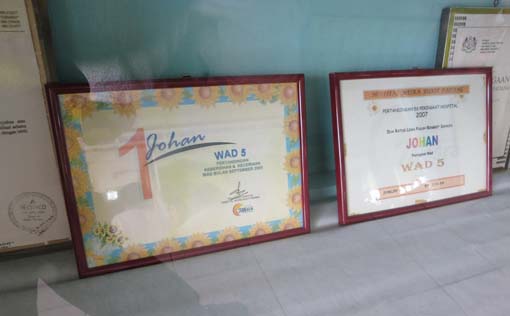
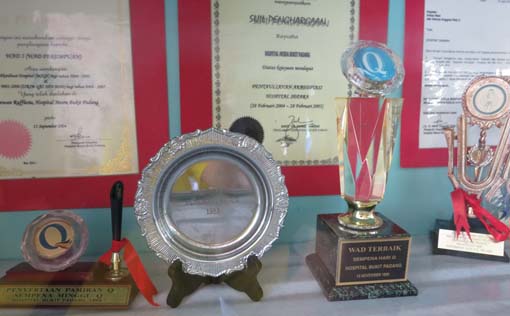

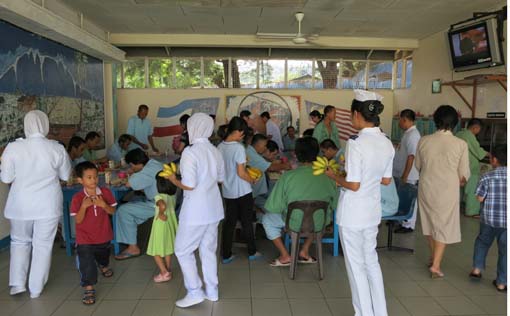
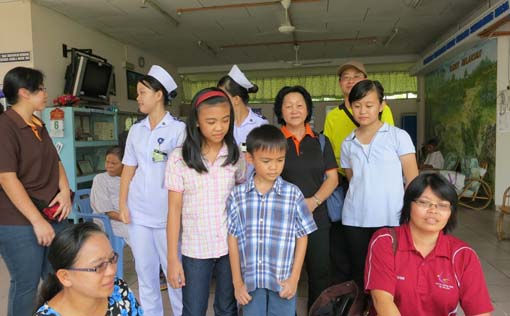
Sabah’s sole mental institution – Hospital Mesra Bukit Padang or the Bukit Padang Mental Hospital in Kota Kinabalu, has an unassuming history of 40 years since it started operation in 1971.
During the colonial days, Sandakan’s Sim-Sim centre was the place for ‘lunatics’ as defined under the North Borneo Lunatics Ordinance.
Nowadays, it is considered politically incorrect or rude to call a mentally challenged person or mentally ill patient a lunatic although some say there seems to be a lot in active politics.
Sometimes in the tranquil environment of the hospital and amidst the outward happiness of some of the patients, one tends to ponder whether the inmates are the ‘sane’ ones while those in the real world chasing papers, running in the rat race, and swearing honking road raging drivers are the insane maddening crowd.
In 2001, Malaysia passed the Mental Health Act and Sabah gazetted it for the state replacing the Lunatics Ordinance ten years later in 2011.
Unlike the other hospitals overburdened by foreigners seeking treatment. the Hospital Mesra Bukit Padang is relatively quiet and unhurried although it provides psychiatric services for the entire state.
Its Pharmacy Unit provides prescriptions to all in-patients and out patients with an average of about 1150 prescription monthly. Patients are mainly psychiatric and the drugs involved are mainly psychotropic.
At present there are 10 functioning ward and units providing medication, education, counseling and drug information services.
Bukit Padang Mental Hospital provides rehabilitation services in the form of gardening.
Children are only treated in daycare centre and minors are to be in the care of parents and guardians after working hours.
Food are prepared in accordance with Health Department nutritionist guidelines no spicy, oily. fried, roasted stuff.
All staff are full time and trained with three GPs and a psychiatrist.
The hospital is well managed, kept clean and there are no complaints from the 180 staff.
There are 320 males to 240 female inmates but the figure is fluid as there are admission and discharge including readmission and there are some drug addicts under the Pemadam care programme besides court cases detainees under watch and evaluation of their mental state.
A bigger therapeutic garden for the patients would be beneficial to the future development of this hospital.
The 11-member Board of Visitors maintains a check and balance system to ensure that the hospital is properly run and the patients are not abused, well taken care of and nourished with proper meals.
External contractors are engaged by the Ministry of Health to provide security, cleaning services, laundry services and the state of cleanliness observed is good with the GPs monitoring the health of the inmates in their wards daily where each patient has a file that the doctor peruses daily.
The current Chairwoman of the Board of Visitors is Catholic lawyer Ruth Priscilla Marcus who specializes in divorce, domestic violence, alimony matters.
The board is trying to build a house for a rehabilitated lady who has a piece of land so that she can have a home to continue with her life outside the hospital.
When the hospital started operations in 1971, it was a oppressive era after the May 13, 1969 riots in West Malaysia as the new Prime Minister Abdul Razak granted emergency detention powers under the Emergency declared to the Sabah Chief Minister Mustapha Harun.
Fortunately, Mustapha only jailed his political opponents in the Kepayan Prison in Kota Kinabalu and did not put any opposition figures in the mental hospital forcibly drugged and under electro-convulsive shocks treatment as was in some Communist states.
Hence, the hospital until today did not have a unsavory reputation although when a person says he lives in (a housing in the vicinity of) Bukit Padang, the locals would likely to make a humour out of it for fun.
The hospital hopes that more members of the public would visit the patients in groups so that the inmates would benefit from more outside contacts and friendship to help them readjust to normal life.
